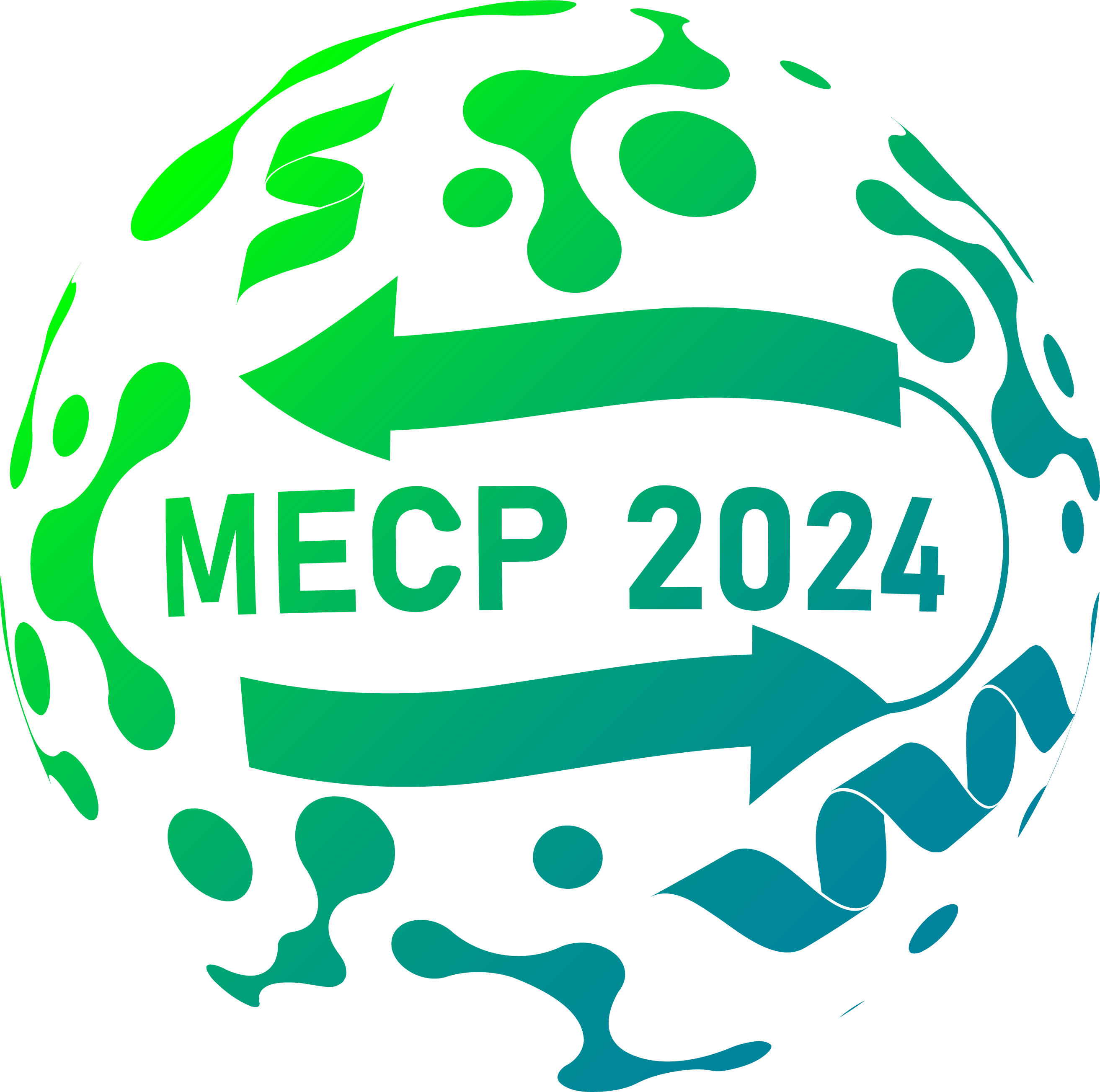
Katia Duquesne
AMU – CNRS – Marseille, France
The terpene mini-path (TMP): a new artificial terpene biosynthetic pathway
Terpenes are the largest class of natural products with more than 100,000 different structures described to date. Due to the diversity of their biological and physicochemical properties, terpenes are the preferred targets of many industries. However, due to their rarity and/or their low concentration in living organisms, access to these molecules is problematic in relation to the protection of living species and the environment. On the other hand, due to their structural complexity, the chemical synthesis of these molecules is hardly possible industrially.
We have developed a two-enzymes synthetic cascade (TMP) to generate the universal precursors of all terpenes (DMAPP: dimethylallyl diphosphate and IPP: isopentenyl diphosphate) in only 2 steps (instead of 18 for a natural access) from their corresponding alcohols. Then, these precursors are the building blocks for all terpene production by adding to TMP a prenyl transferase and the enzyme allowing cyclization.
We were able to apply this enzymatic cascade to the in vivo and in vitro synthesis of a cytotoxic prenyl derivative of brevianamide F, tryprostatin B; to the in vitro synthesis of farnesyl diphosphate (FPP), the precursor of all sesquiterpenes and triterpenes; and to the in vivo synthesis of, for example, delta-cadinol, a sesquiterpene of interest. On the other hand, the structure of the terpene mini-path also allows a simplified access to non-natural terpenes. We were thus able to synthesize the cyclobutyl derivatives of both FPP and tryprostatin B. These results allow to envisage the industrial implementation of a new and very general way of producing terpenes, either in vitro or in vivo; but also to explore the biodiversity and characterize new terpene synthases.
 _________
_________
X. Ma, H. Liang, Q.Pan, K.L.J. Prather, A.J. Sinskey, G. Stephanopoulos, and K. Zhou. J. Agric. Food Chem. 2022, 70, 3512−3520.
J. Bohlmann, Cl. Keeling. Plant J. 2008, 54(4):656-69.
K. Paramasivan, S. Mutturi. Pr. Crit. Rev. Biotechnol. 2017, 37(8):974-989.
J. Couillaud, J. Rico, A. Rubini, T. Hamrouni, E. Courvoisier-Dezord, J.L.Petit, A. Mariage, E. Darii, K. Duquesne, V. de Berardinis and G. Iacazio. ACS Omega. 2019, 4(4), 7838–7849.
M. Ringel, N. Dimos, S. Himpich, M. Haack, C. Huber, W. Eisenreich, G. Schenk, B. Loll and T. Brück. Microbial Cell Factories. 2022, 21 (1):64.
__________
View Abstract as PDF:
_________
Wed. April 17 | 11:20 – 10:50 hrs – The terpene mini-path (TMP): a new artificial terpene biosynthetic pathway
